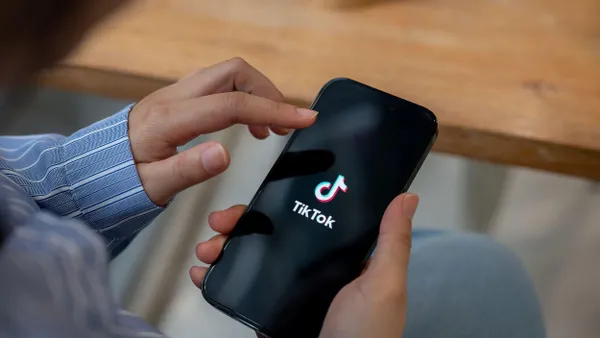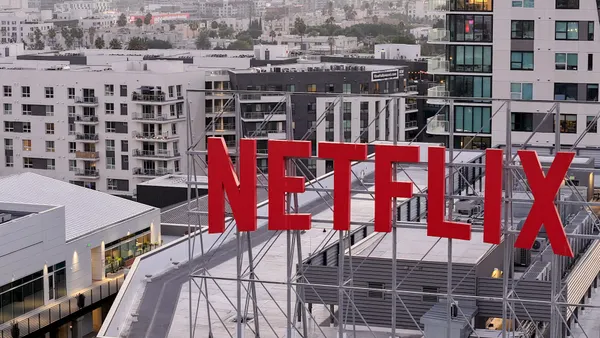Dive Brief:
- Molson Coors partnered with data connectivity platform LiveRamp and advertising platform Amobee to create an alternative to the third-party cookie, Ad Age reported. LiveRamp's Authenticated Traffic Solution (ATS) creates a unique identifier by pulling together information from multiple publishers, including news outlets that ask readers to log in or identify themselves.
- LiveRamp partnered with more than 215 global publishers to develop the ATS for audience tracking. Those publishers have more than 14,000 web properties that at least 90% of the addressable population in the U.S., and make up 60% of Comscore's top 50 websites, per Ad Age.
- The new marketing analytics solution aims to help replace a popular audience tracking technology that is gradually phasing out amid growing consumer concerns about data privacy. Amobee provides the ATS-enabled ad inventory to clients, and helps to track and measure performance.
Dive Insight:
Molson Coors is taking a proactive step to improve its digital media targeting by working with LiveRamp and Amobee as marketers seek a way to track impressions without the third-party cookie. As a brewing company, Molson Coors reaches consumers through ads on digital media, but is removed from the point of sale because its supply chain consists of distributors and retailers that act as intermediaries. That separation makes audience analytics more crucial for the company in ensuring it is reaching a target audience most effectively.
Molson Coors is among the marketers that are grappling with the pending demise of the third-party cookie, which is a data file that websites put on browsers to help track consumers' online activities. Unlike first-party cookies that help companies use when a consumer returns to their site, third-party cookies are used across websites to help marketers avoid wasteful spending on ads that reach the same individual too many times.
Amid growing concerns about data privacy, Google this year announced it would end support for third-party cookies in its Chrome browser by early 2022, sending shock waves throughout the media, marketing and ad-tech industries. Chrome is a major gateway for consumers to access the internet, with a 70% market share on desktop computers worldwide and a 63% share on mobile devices, according to Statcounter. The loss of the third-party cookie on those devices has challenged marketers like Molson Coors to find an audience tracking solution that provides consumer insights while protecting their privacy.
More immediately, marketers face the loss of access to device identifiers provided by Apple. The technology company, which has described consumer privacy as "a fundamental human right," next year will update its software to notify customers when apps want access to the Identifier for Advertisers (IDFA) on iPhones, iPads and Apple TV streaming devices. Because most consumers are likely to opt out of sharing their device IDFA, the tracking technology may be rendered useless among hundreds of millions of devices worldwide. While Apple already started blocking third-party cookies in its Safari web browser by default in March, the loss of IDFA will make it more challenging for marketers to improve their ad targeting on Apple devices.












